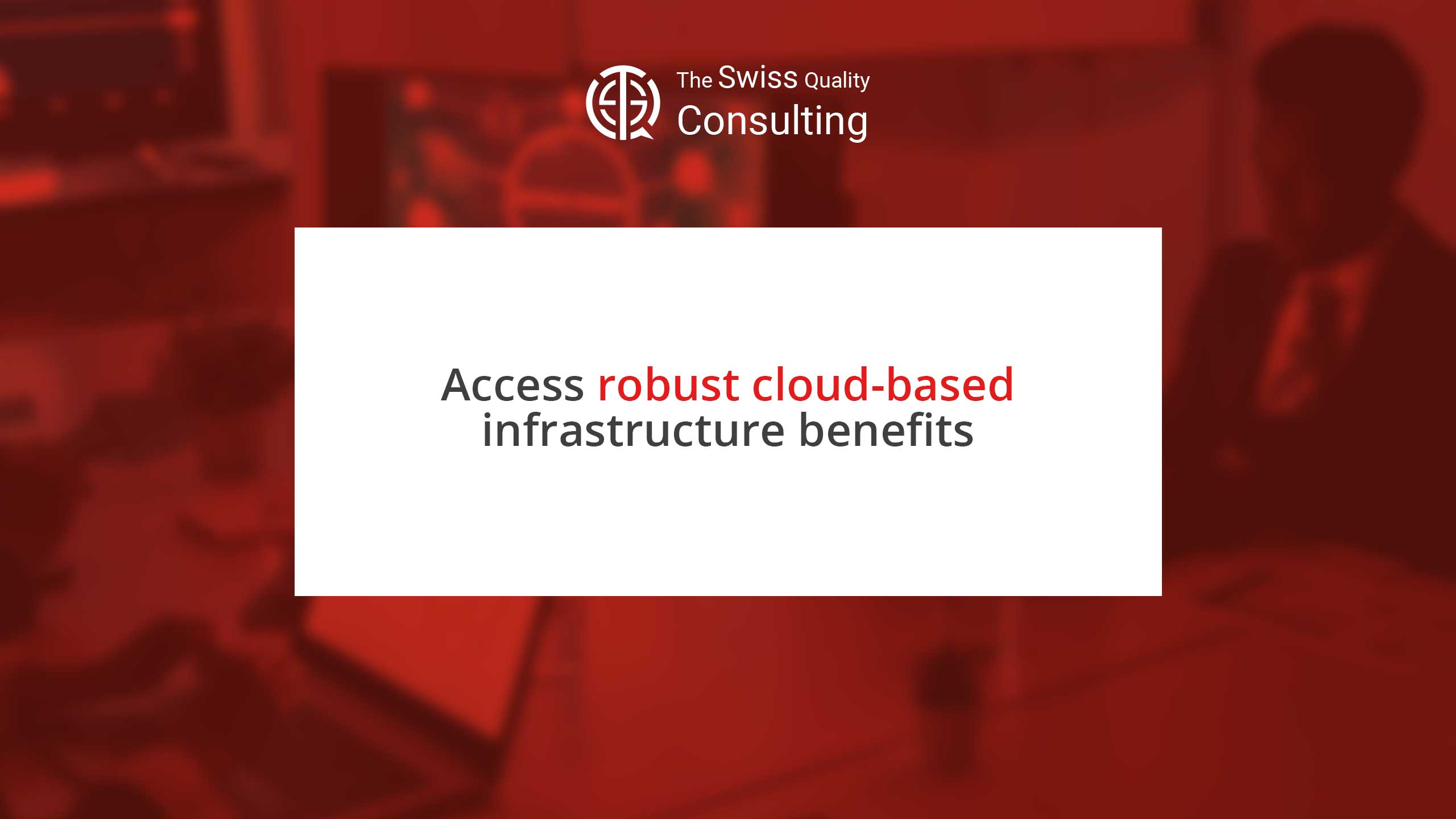How Swiss Companies Can Leverage the Latest ERP Trends to Stay Competitive
Embracing Cloud-Based ERP Solutions
The latest ERP trends for Swiss companies indicate a significant shift towards cloud-based solutions, which offer numerous advantages over traditional on-premise systems. Cloud ERP provides scalability, flexibility, and reduced upfront costs, making it an attractive option for businesses looking to streamline operations and improve efficiency. By migrating to cloud-based ERP, Swiss companies can access real-time data from anywhere, enhancing decision-making processes and allowing for better collaboration across departments. This agility is crucial in today’s fast-paced business environment, where companies must be able to respond quickly to market changes and customer demands.
Cloud-based ERP systems also provide enhanced security features, including regular updates and advanced encryption protocols, which help companies comply with data protection regulations like GDPR. For Swiss companies, which operate in a highly regulated environment, the ability to maintain compliance while benefiting from the latest technology is a significant advantage. Moreover, cloud ERP systems often come with built-in analytics and artificial intelligence (AI) capabilities, enabling companies to gain deeper insights into their operations and identify opportunities for improvement. By embracing cloud ERP, Swiss businesses can not only modernize their IT infrastructure but also position themselves as leaders in innovation and efficiency.
Leveraging Artificial Intelligence and Machine Learning
Another key trend in ERP systems is the integration of Artificial Intelligence (AI) and Machine Learning (ML) functionalities, which are transforming how businesses operate and make decisions. For Swiss companies, leveraging AI within ERP systems can lead to significant improvements in predictive analytics, process automation, and customer relationship management. AI-driven ERP systems can analyze vast amounts of data to provide actionable insights, such as predicting inventory needs, optimizing supply chain logistics, and identifying sales trends. These capabilities enable companies to make data-driven decisions that enhance operational efficiency and customer satisfaction.
Machine Learning, a subset of AI, further enhances ERP systems by continuously learning from data patterns to improve decision-making processes. For instance, ML algorithms can detect anomalies in financial transactions, helping companies to identify potential fraud or errors in real-time. This proactive approach to risk management is particularly beneficial for Swiss companies, which must navigate complex financial and regulatory landscapes. Additionally, AI-powered chatbots and virtual assistants within ERP systems can streamline customer service and support functions, freeing up valuable resources and allowing employees to focus on more strategic tasks. By integrating AI and ML into their ERP systems, Swiss companies can achieve a competitive edge through enhanced efficiency, reduced costs, and improved customer experiences.
Enhancing User Experience and Mobility in ERP Systems
Focus on User-Centric Design and Mobility
User experience (UX) has become a critical focus in the latest ERP trends for Swiss companies, with an increasing emphasis on intuitive, user-friendly interfaces that enhance productivity and user adoption. Modern ERP systems are being designed with the end-user in mind, featuring customizable dashboards, simplified navigation, and mobile accessibility. For Swiss companies, this shift towards user-centric design means that employees can interact with ERP systems more efficiently, reducing the learning curve and minimizing resistance to new technology. Enhanced UX not only improves employee satisfaction but also increases the overall effectiveness of ERP solutions in driving business success.
Mobility is another crucial aspect of modern ERP systems, enabling employees to access critical business information on the go, whether from a tablet, smartphone, or laptop. This level of accessibility is especially important for Swiss companies with a mobile workforce or those operating in multiple locations. Mobile ERP solutions allow employees to perform tasks such as approving purchase orders, viewing sales reports, or managing customer interactions from anywhere, at any time. This flexibility not only boosts productivity but also supports a more agile and responsive business model, which is essential in today’s competitive landscape.
Integration with IoT and Real-Time Data Analytics
The integration of Internet of Things (IoT) technology with ERP systems is another emerging trend that Swiss companies should be aware of. IoT devices can collect real-time data from various sources, such as manufacturing equipment, supply chain logistics, and customer interactions, providing valuable insights that can be integrated into ERP systems. This real-time data enables Swiss companies to monitor operations more closely, optimize resource usage, and make faster, more informed decisions. For example, IoT sensors in a manufacturing plant can track machine performance and alert maintenance teams to potential issues before they result in costly downtime.
Real-time data analytics within ERP systems also allows Swiss companies to respond swiftly to changing market conditions and customer needs. By having access to up-to-date information, companies can adjust their strategies on the fly, whether it’s reallocating inventory, adjusting pricing, or launching targeted marketing campaigns. This level of agility is crucial for maintaining a competitive edge, particularly in industries where customer expectations are continually evolving. By integrating IoT and real-time analytics into their ERP systems, Swiss companies can enhance their operational visibility and drive continuous improvement across the organization.
Conclusion
The latest ERP trends for Swiss companies underscore the importance of embracing new technologies to stay competitive in a rapidly changing business environment. By adopting cloud-based ERP solutions, integrating AI and ML, focusing on user-centric design, and leveraging IoT and real-time data analytics, Swiss companies can enhance their operational efficiency, improve decision-making, and build stronger relationships with customers. These trends not only offer immediate benefits but also position companies for long-term success by enabling them to adapt to future challenges and opportunities. As ERP systems continue to evolve, Swiss companies that proactively incorporate these trends into their strategies will be well-equipped to lead in their respective industries.
—
#ERPTrends #SwissCompanies #BusinessTechnology #CloudERP #ArtificialIntelligence #IoTIntegration #BusinessInnovation










